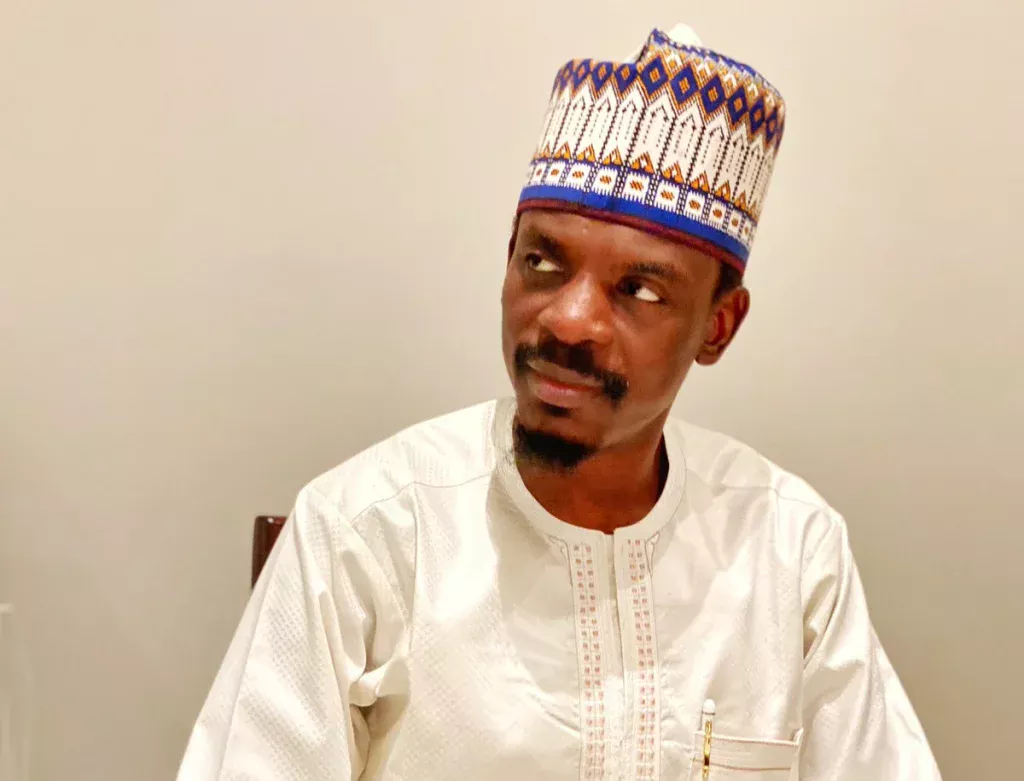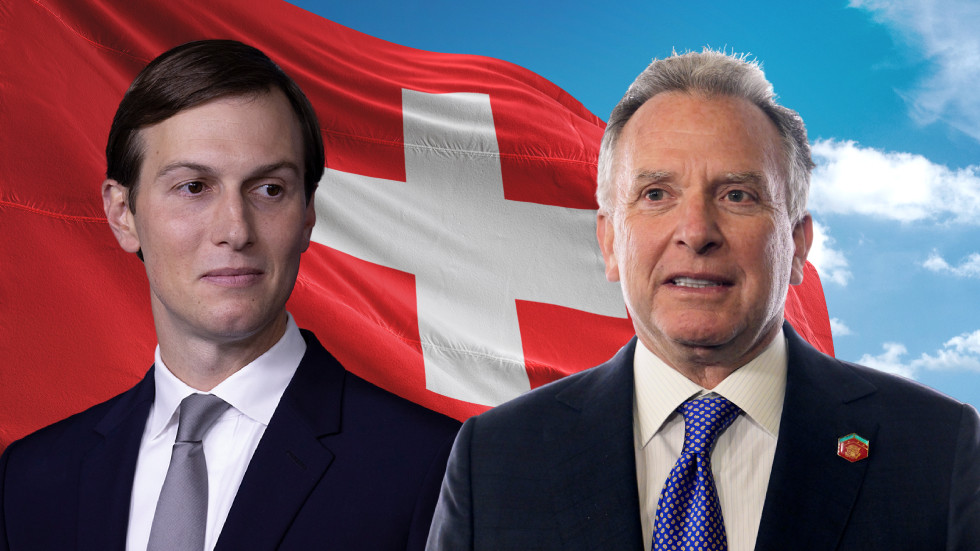A Nigerian lawmaker has expressed opposition to the creation of state police, citing concerns that governors would misuse such forces against political opponents. Yusuf Gagdi, representing Pankshin/Kanke/Kanam Federal Constituency of Plateau State in the House of Representatives, reiterated his stance during interactions with constituents and subsequent television appearances.
Gagdi argued that Nigeria is not ready for the proliferation of security agencies, and instead, existing agencies should be strengthened and funded adequately. He emphasized the need for accountability within these agencies. The lawmaker also pointed out that state governors often have a history of manipulating state-independent electoral commissions to suppress opposition, which raises concerns about their potential control over state police.
Gagdi questioned the ability of governors to handle state police fairly, given their track record in conducting elections. He noted that even in his own party’s states, opposition members rarely win local government council chairmanships. The legislator suggested that the national electoral commission, INEC, is more transparent than its state-level counterparts.
However, in a recent radio program, Gagdi introduced a nuance to his position, expressing support for community policing. He advocated for the recruitment of local youths into vigilante groups, which would be equipped to protect their communities. Gagdi argued that such groups would be more effective than state police, as they would be answerable only to their communities, rather than a governor.
This stance is consistent with Gagdi’s past actions, as he has donated millions of naira to vigilante groups in Plateau State. Despite these efforts, insecurity persists in the region, particularly in the Pankshin/Kanke/Kanam zone he represents. The lawmaker’s position on state police reflects the complexities of addressing security concerns in Nigeria, where the relationship between governance, politics, and security is multifaceted.



